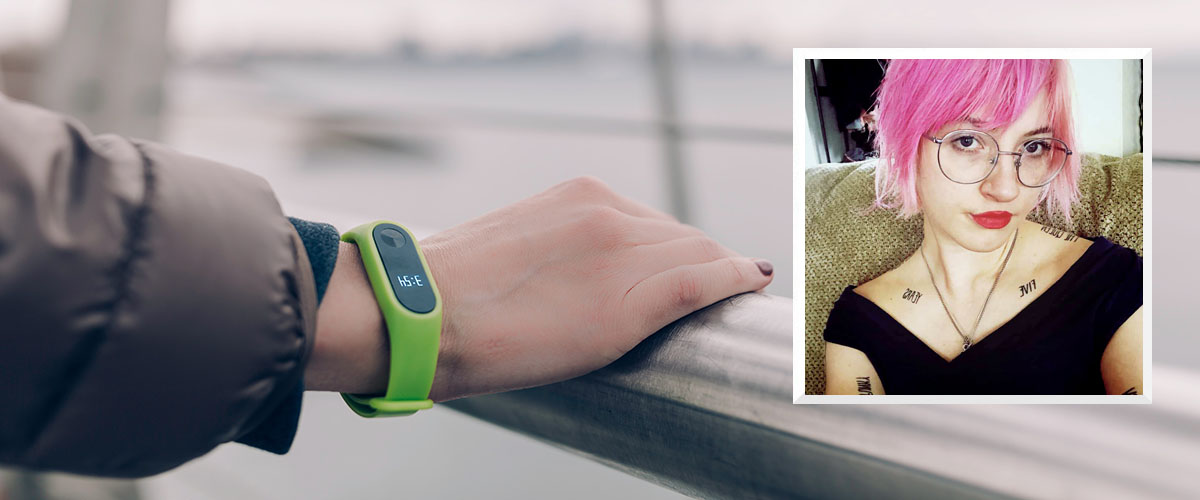Sex work is risky. Having an online presence is also risky. And now, thanks to some admittedly interesting and potentially helpful technology geared toward tracking how the Coronavirus spreads, sex work and being online could become even riskier.
Tracking how the Coronavirus Spreads
The Coronavirus is quickly spreading across the world. In the United States, states and counties are taking varying measures to “slow the spread.” As governments and people wonder when it will be safe to go back to work, a few well-known tech companies are joining the fight against the virus by figuring out how technology could track who gets sick.
On April 10, Engadget reported that Apple and Google announced that they partnered “to work on Bluetooth technology that will allow governments and health agencies to more easily conduct contact tracing.” The companies are developing a tech solution that will use application programming interfaces (APIs) and operating system-level support to enable “contact tracing.”
Engadget added that the process would unroll in two steps:
1. In May, the tech companies will release “APIs that will allow for interoperability between iOS and Android devices when using public health apps.”
2. Then, Apple and Google “plan to allow for ‘border’ Bluetooth-based contact tracing by building support for the functionality directly into their mobile operating systems.”
Although both tech companies stressed that “user privacy and security” would “be central to the tools they develop,” the American Civil Liberties Union (ACLU) has concerns.
Contact Tracing and Privacy Concerns
Every human who has an online presence should concern themselves with internet privacy. However, sex workers who use the internet to work have to stay vigilant about potential online privacy risks. And according to the ACLU, Apple and Google’s contact tracing tech may place many people’s online privacy at risk.
On April 16th, the ACLU published a white paper that outlines the organization’s concerns with contact tracing and privacy that you can read in full here. Jennifer Stisa Granick, the ACLU’s Surveillance and Cybersecurity Counsel, streamlined the organization’s concerns in a blog post.
“While some of these systems could offer public health benefits, they may also cause significant risks to privacy, civil rights, and civil liberties,” Granick wrote.
“If such systems are to work, there must be widespread, free, and quick testing available. The systems must also be widely adopted, but that will not happen if people do not trust them. For there to be trust, the tool must protect privacy, be voluntary, and store data on an individual’s device rather than in a centralized repository,” she added.
What this Means for You
Although Granick wrote that she thinks Apple and Google’s proposal “offers a strong start,” the tech giants could do more to maintain privacy, and allow people to control the data that’s used.
“This ‘voluntariness,’ will help ensure enough people use the tech in order for it to be effective,” Engadget continued. “But if some of the more ‘coercive and scary’ proposals are implemented, it could result in people intentionally avoiding the tracing tech by turning off their phones or disabling location data.”
The ACLU also noted that it’s concerned that “contact tracing efforts used to track the spread of COVID-19 will continue long after the coronavirus pandemic.”
Our current advice? Watch this situation closely. Stay up-to-date on potential contact tracing efforts, and follow the ACLU to closely monitor how your online privacy may be affected.
—
Abbie Stutzer is a queer, non-binary writer living in Kansas City, MO. You can find them doing witchy stuff at home with their numerous pets or at the local animal shelter saving lives. Contact Stutzer via abbie@ynotcam.com.
Background header image via Pixels here.










